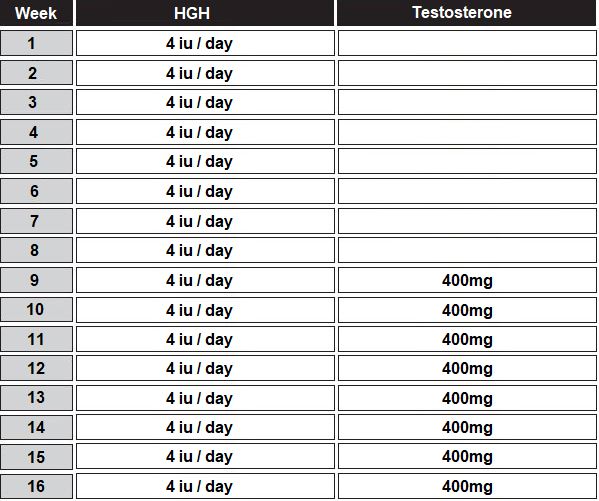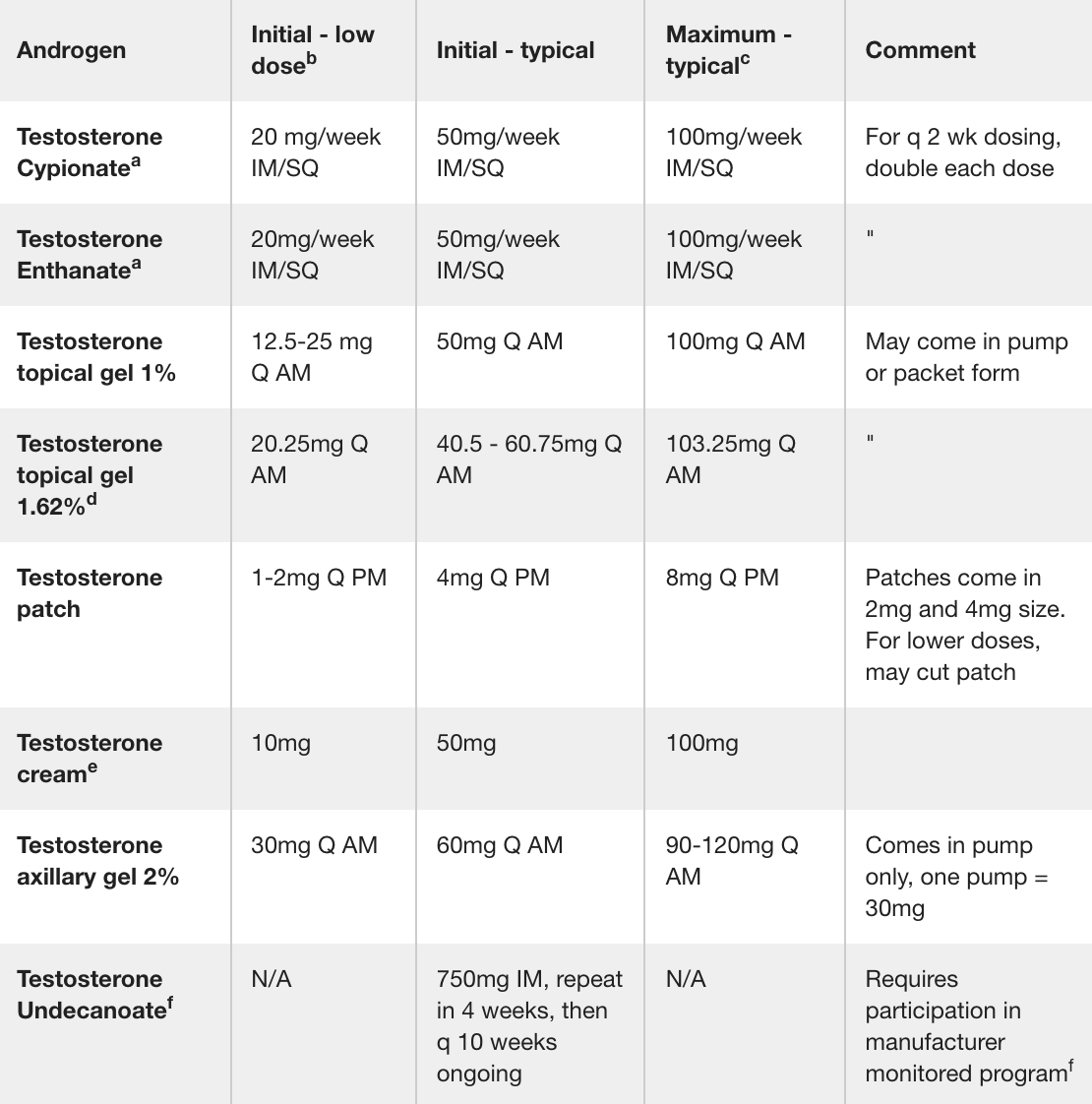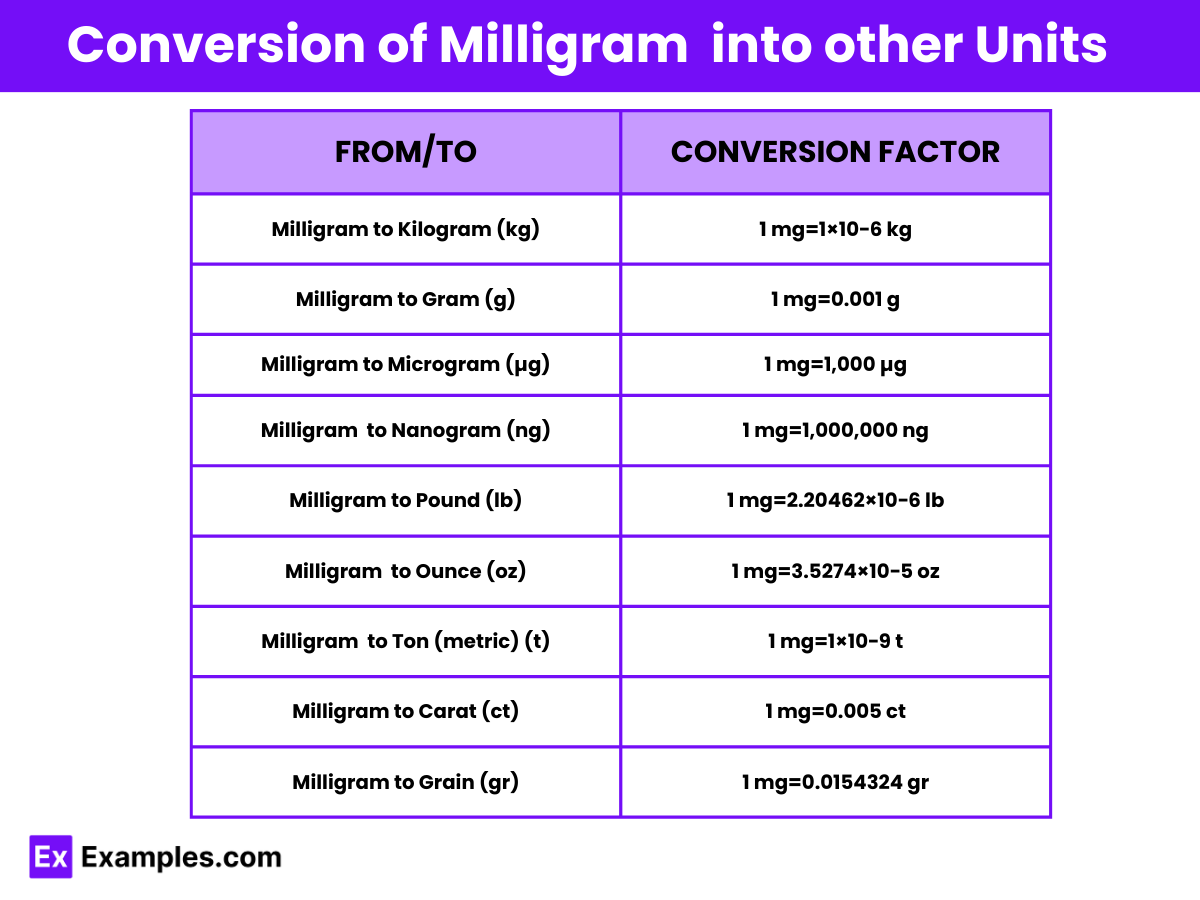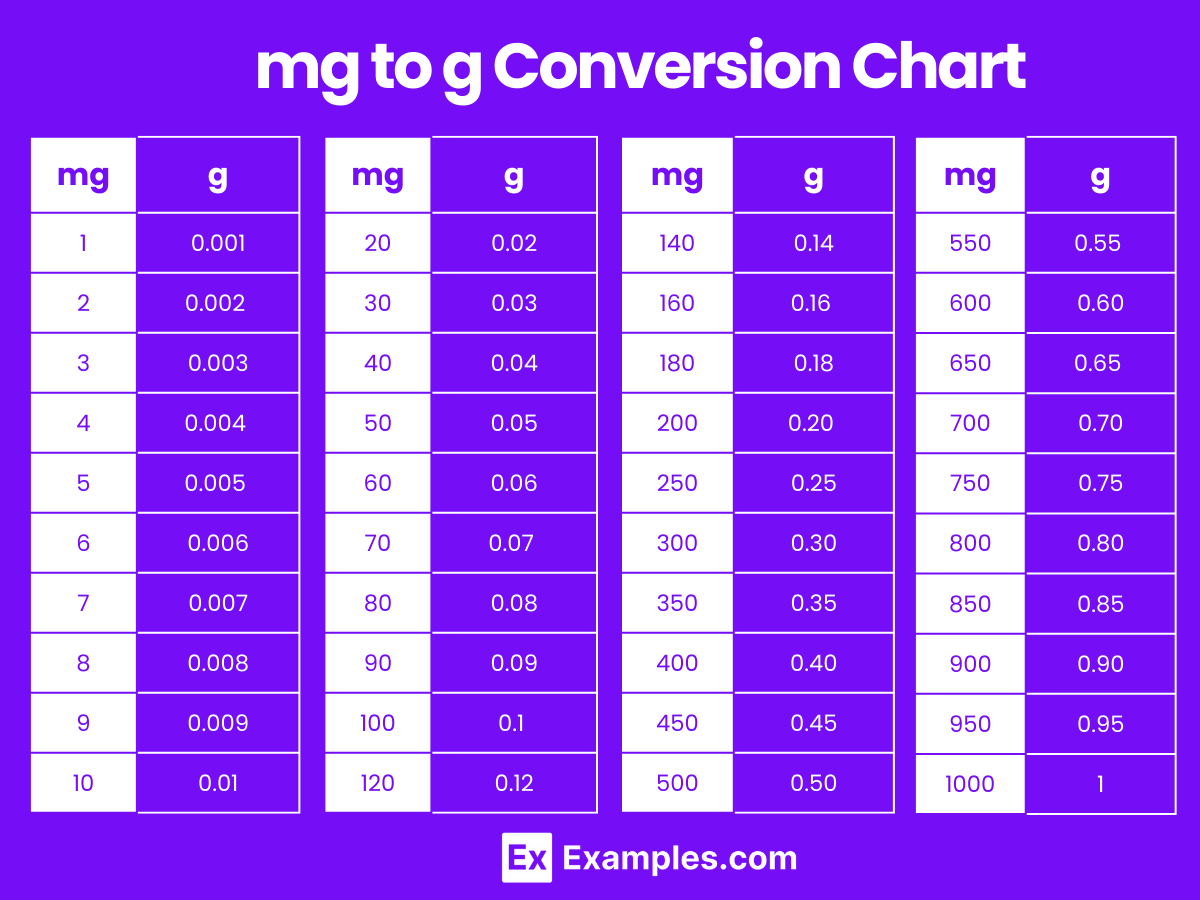How Many Mg Of Test Per Week

The gym air hangs thick with the scent of sweat and determination. Iron clangs, muscles strain, and whispers circulate about gains and plateaus. Among the hushed conversations, a recurring question surfaces, often spoken with a mix of curiosity and apprehension: "How many milligrams of testosterone per week?" It's a question that sits at the heart of a complex landscape of bodybuilding, hormone replacement therapy, and the pursuit of physical transformation.
Understanding the appropriate testosterone dosage is critical, demanding a delicate balance of personal needs, medical supervision, and a thorough grasp of potential consequences. This article navigates the complexities of testosterone dosages, explores various applications from therapeutic treatments to athletic enhancement, and emphasizes the paramount importance of informed decision-making guided by healthcare professionals.
The Landscape of Testosterone
Testosterone, the primary male sex hormone, plays a pivotal role in a multitude of bodily functions. Beyond its influence on muscle growth and strength, it impacts bone density, red blood cell production, libido, and even mood. Understanding its function is crucial for assessing appropriate dosages.
Clinically, testosterone replacement therapy (TRT) is frequently prescribed for men diagnosed with hypogonadism. This condition, characterized by insufficient testosterone production, can lead to a range of symptoms, including fatigue, decreased libido, muscle loss, and cognitive impairment. TRT aims to restore testosterone levels to a healthy range, alleviating these symptoms and improving overall quality of life.
In the realm of athletic enhancement, testosterone is often used, sometimes illicitly, to accelerate muscle growth and improve athletic performance. Dosages used for this purpose are often significantly higher than those prescribed for TRT, raising significant health concerns.
Testosterone Replacement Therapy (TRT) Dosages
For men undergoing TRT, the goal is to achieve and maintain testosterone levels within a normal physiological range. This range typically falls between 300 to 1000 ng/dL, although individual targets may vary depending on age, symptoms, and overall health.
Typical TRT dosages range from 50mg to 200mg per week, administered via injection. Other delivery methods, such as topical gels or patches, offer alternative options with varying absorption rates and dosage adjustments.
It's crucial to emphasize that TRT should always be initiated and managed under the guidance of a qualified physician. Regular blood tests are essential to monitor testosterone levels, ensuring that the dosage is appropriately adjusted to achieve the desired therapeutic effect while minimizing potential side effects. Physicians will also monitor estrogen levels, prostate health and red blood cell counts.
Athletic Enhancement Dosages: A Risky Game
The use of testosterone for athletic enhancement often involves significantly higher dosages than those used in TRT. Individuals may take doses ranging from 300mg to well over 1000mg per week, far exceeding physiological levels.
These supraphysiological doses carry substantial health risks. Potential side effects include acne, hair loss, gynecomastia (development of breast tissue), prostate enlargement, cardiovascular issues, liver damage, and mood disturbances. The long-term consequences of high-dose testosterone use can be severe and irreversible.
Furthermore, the use of testosterone for athletic enhancement is often illegal and unethical in many sports. It violates fair play principles and undermines the integrity of competition. Many sports governing bodies have strict regulations against the use of anabolic steroids, including testosterone.
Factors Influencing Dosage
Determining the appropriate testosterone dosage involves a complex interplay of several factors. Individual physiology, including age, weight, and overall health, plays a crucial role. Pre-existing medical conditions, such as prostate issues or cardiovascular disease, must be carefully considered.
The chosen delivery method also influences dosage requirements. Injections, gels, and patches have different absorption rates, necessitating adjustments to achieve the desired testosterone levels. Regular monitoring of blood testosterone levels is essential to personalize the dosage and ensure optimal therapeutic outcomes.
The individual's goals and expectations are also important. For TRT, the aim is to restore testosterone levels to a normal range and alleviate symptoms of hypogonadism. For athletic enhancement, the goal is often to maximize muscle growth and strength, which typically involves higher dosages and greater risks.
Potential Side Effects
Testosterone, like any hormone, can produce a range of side effects, especially when used at supraphysiological doses. Common side effects include acne, oily skin, and hair loss. Gynecomastia, the development of breast tissue, can occur due to the conversion of testosterone to estrogen.
More serious side effects include prostate enlargement, which can lead to urinary problems. Cardiovascular issues, such as increased blood pressure and cholesterol levels, are also potential risks. Liver damage and mood disturbances, including aggression and anxiety, have been reported.
It's crucial to be aware of these potential side effects and to seek medical attention if they occur. Regular monitoring of blood testosterone levels, liver function, and cardiovascular health is essential to minimize risks.
The Importance of Medical Supervision
Self-administration of testosterone without medical supervision is strongly discouraged. A qualified physician can assess individual needs, determine the appropriate dosage, and monitor for potential side effects.
Regular blood tests are essential to track testosterone levels and adjust the dosage as needed. A physician can also provide guidance on lifestyle modifications, such as diet and exercise, to support overall health and well-being. Open communication with a healthcare provider is crucial for making informed decisions about testosterone therapy.
The allure of rapid muscle gains and enhanced performance can be strong, but it's essential to prioritize long-term health and well-being. A responsible approach to testosterone involves informed decision-making, medical supervision, and a commitment to overall wellness.
The Legal Landscape
The legal status of testosterone varies depending on the country and jurisdiction. In many countries, testosterone is classified as a controlled substance, requiring a prescription for legal use.
The possession, sale, or distribution of testosterone without a valid prescription is often illegal and can result in severe penalties, including fines and imprisonment. Anti-doping agencies also have strict regulations against the use of testosterone in sports.
It's essential to be aware of the legal implications of testosterone use and to comply with all applicable laws and regulations.
Finding Reliable Information
The internet is awash with information about testosterone, but not all sources are created equal. It's crucial to rely on credible sources of information, such as medical journals, reputable websites, and healthcare professionals.
Be wary of anecdotal evidence and testimonials, which may be biased or misleading. Look for information that is based on scientific research and clinical evidence. Consult with a qualified physician or endocrinologist for personalized advice.
Organizations like the Endocrine Society and the American Urological Association offer valuable resources on testosterone and hormone replacement therapy. Seeking information from trusted sources is essential for making informed decisions about your health.
Conclusion
The question of how many milligrams of testosterone per week is not a simple one. The answer is deeply personal, interwoven with individual needs, medical history, and carefully weighed risks. While testosterone can offer genuine therapeutic benefits for men with hypogonadism, the allure of supraphysiological doses for athletic enhancement carries significant health risks and ethical implications. The warm pursuit of physical well-being should always be guided by informed choices, medical expertise, and a commitment to long-term health, ensuring that the quest for strength doesn't compromise overall wellness. Consider the long term, consider your body, and always consult with professionals.

